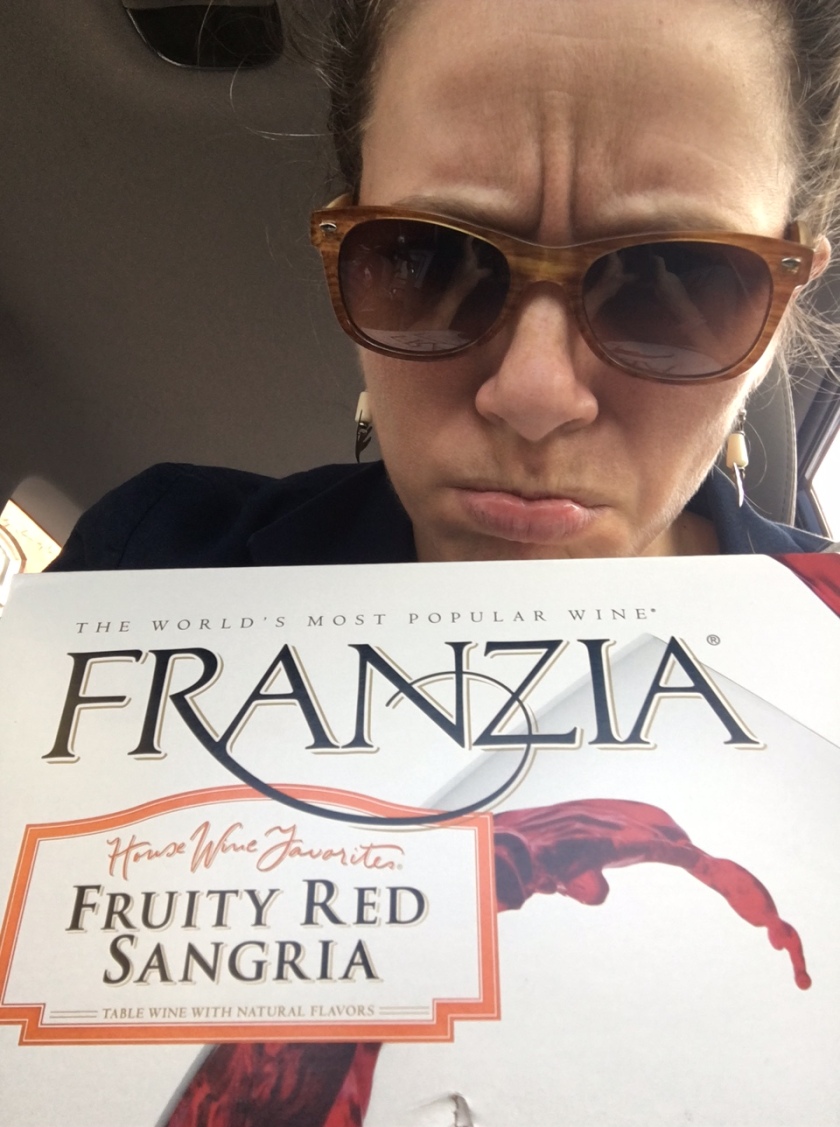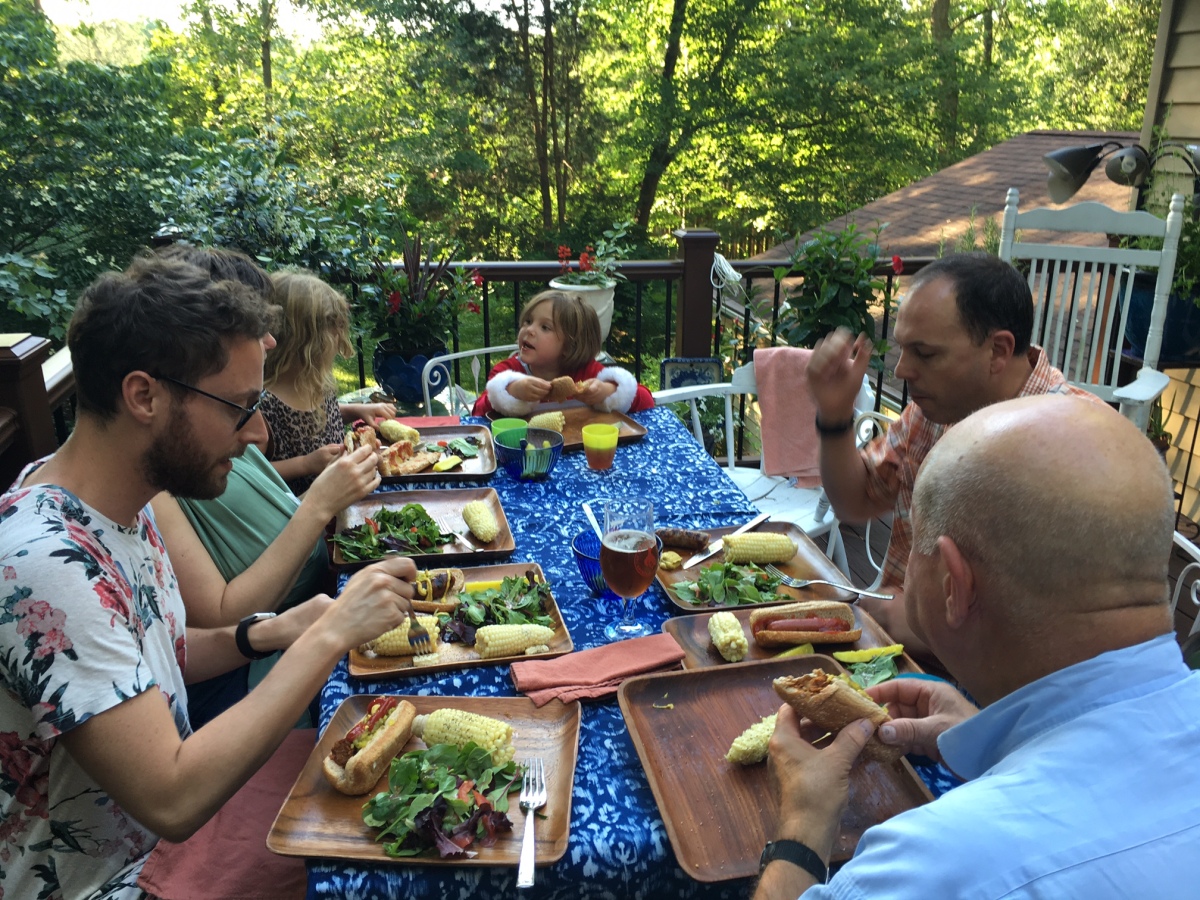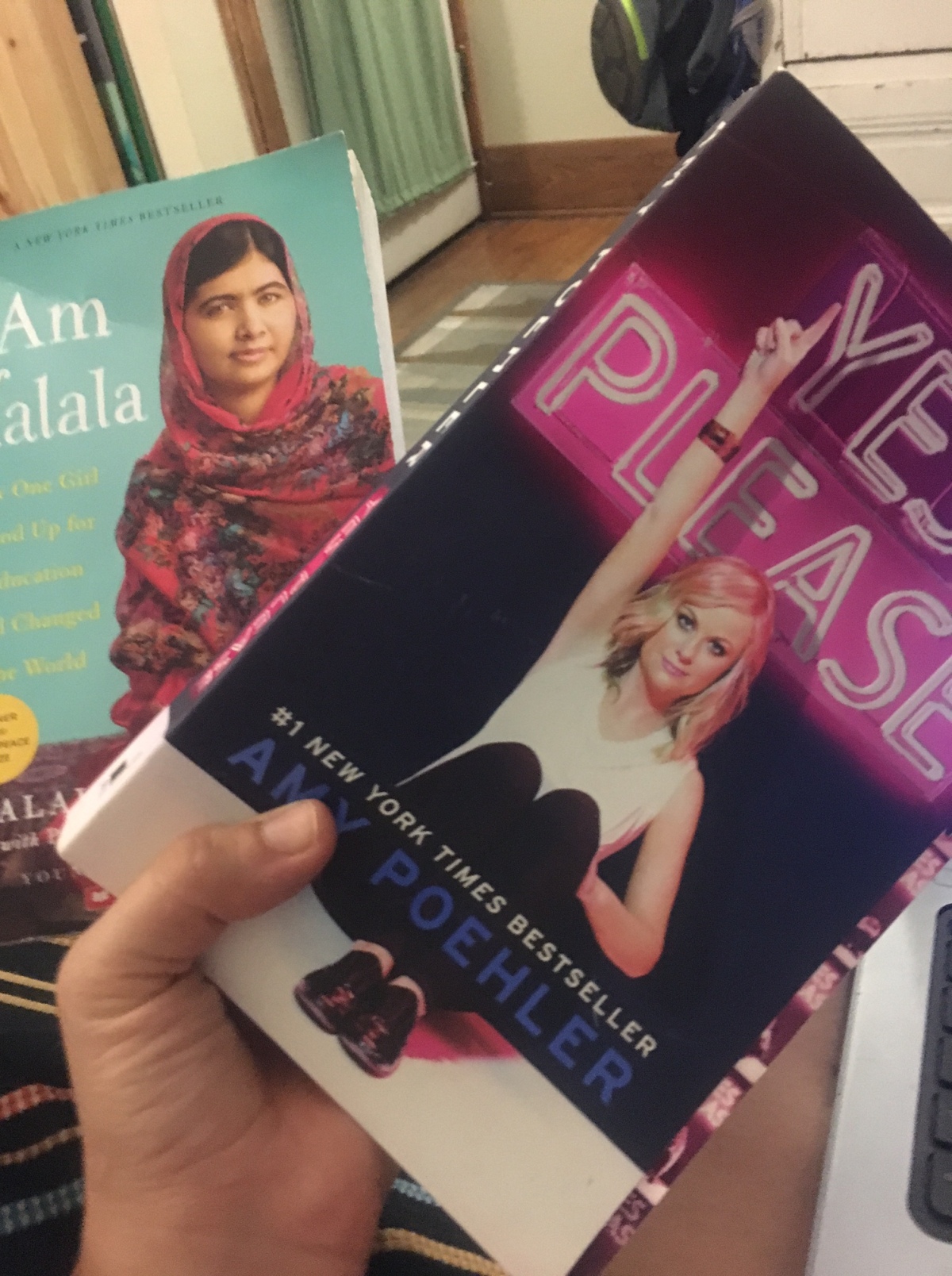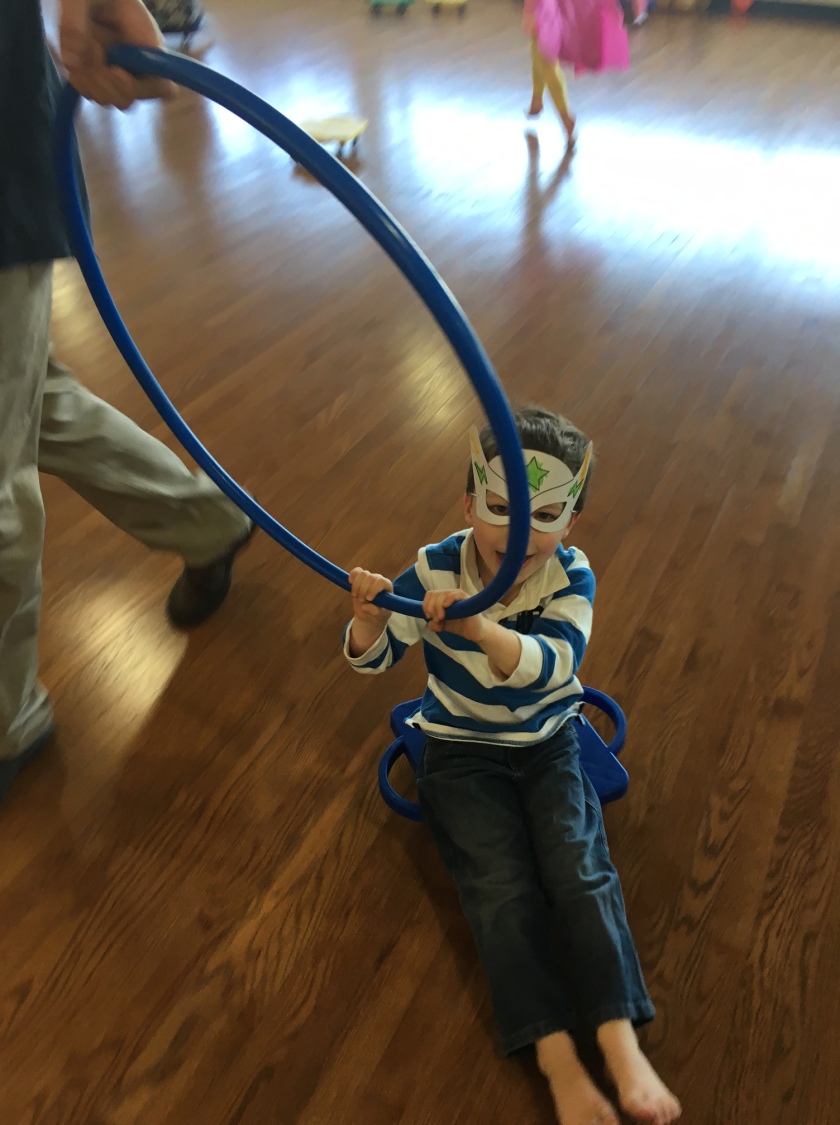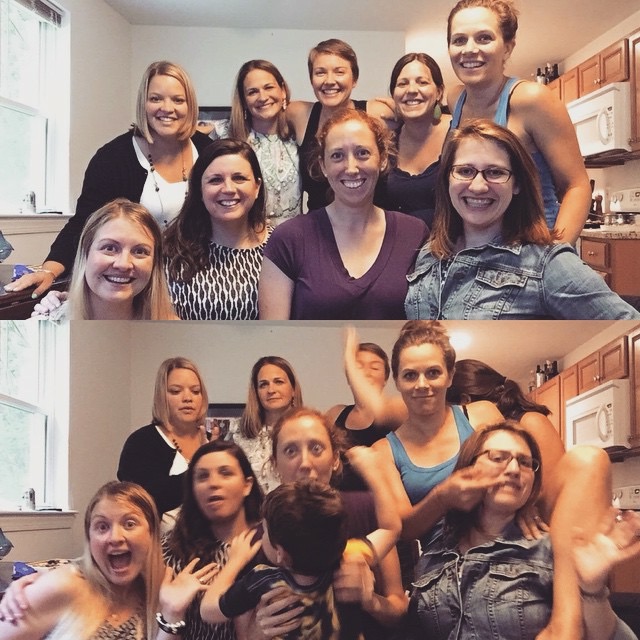I fled the scene of my first teaching job in Baltimore City, accused of being a racist by the principal.
Those of you who know me now may find this surprising.
YOU??!!
Global Citizenship teacher?
Muslim student association sponsor?
Diversity conference planner?
Multi-cultural education trainer?
Restorative Justice facilitator?
You?!
For you who know this intercultural work that I’m always deep in the thick of, you may see this accusation of racism as proof that no matter what a white person does in contexts of color, they will almost inevitably be accused of racism.
But for others…particularly people of color, you will likely be asking a different question:
Well….were you? Racist?
My answer may surprise you.
How could I not be?
Born in the Ozark foothills, raised in a transition zone between rural and suburban, liberal arts educated in Garrison Keillor country in the upper-Midwest, the first time I lived in an area that was not disproportionately white was when I moved to Baltimore after college.
In my first teaching position I worked across the street from central booking, caddy corner to a cemetery, surrounded by infamous drug corners captured by The Wire, and cast in the very real flashing blue lights of police cameras.
Now how in is any 23 year old white girl supposed to make sense of all that? How likely is it that most 23 year olds regardless of color can have the historical, political, social, economic, spiritual perspective to understand the causes and consequences of such a stark human reality?
So…was it true? Was I racist?
Of course I was.
But not on purpose.
I was not raised in a context of deliberate and cultivated bigotry. I was raised in a compassionate Christian household where, above all, my mom insisted our faith was rooted in caring for the most vulnerable in our community. She was a champion for children. She hated bullies and would confront them in schools, church suppers, and super-market aisles. Despite the socially conservative constraints of the Bible Belt, she was bold enough in 1988 to reject the callousness of trickle down solutions and vote for Dukakis.
Her 8 year old staunchly republican daughter was appalled.
Her 36 year old progressive daughter couldn’t be more grateful.
No, my racism was not by personal design. It was by systemic proximity (or more precisely a lack there of) from neighbors who’s narratives could disrupt the mass media education I was getting from Law and Order and the nightly news.
Structural racism does not just keep people of color out. It keeps people of the pale in.
We move through an insulated existence where there IS such a thing as normal. Where there ARE absolute answers. Where you CAN trust authority.
And then at some point we come to the edge of our enclave. With our gaze off in the distance on our endless horizons, we step off the curb we didn’t expect into a pothole we didn’t see, twist our ankle, and collapse in the middle of oncoming traffic.
You want to know why white girls are always crying?
We weren’t raised not to.
And now we (overly) protected lily-white children have wandered into a world full of struggle our communities gated us from seeing.
3 years ago I took a group of public high school students on a study abroad trip to rural England. It was a group that reflected the diversity of their school and country from skin tone to head-covering.
During the day, they visited schools in pastoral settings. At night we would cook together in the kitchen where we would process the discoveries of the day. Many of their conversations with their British peers circled around race and culture.
When Miles told yet another story about yet another English kid comparing him to yet another black celebrity he looked nothing like, he laughed and said…
“You have NO idea how racist you sound.”
As we washed dishes together I asked. “Why do you think it feels so different to you to talk about race here? Why doesn’t their ignorance offend in the same way it would back home?”
After a few jokes about all the things that sound better with a British accent, Chloe was quick to put her finger on the difference.
“If you don’t know about race in America, you just haven’t been paying attention.”
These kids in North Yorkshire growing up amidst sheep farms, they were nestled snug in their culture. Where would they have ever had a chance to make friends with a black kid who could call them a racist?
I could identify. I grew up around sheep with Midwestern drawls. None of them black.
But unlike my planned community of the past or the physical spaces of the present, the virtual spaces most of us occupy today are NOT gated in the same way. There’s no way to not pay attention…unless you’re averting your eyes.
There is a statute of limitations on circumstantial racism. It ends the day we collide with the realization that in our ignorance, our privilege has plowed someone over. If in that moment we retreat, what once was circumstantial becomes premeditated.
Don’t flee the scene. We must bear witness. And then we must decide whether to aid and abet or become first responders.
Despite the risks.
The wounds are deep. So is the fear.
Apply pressure.
Hold.







